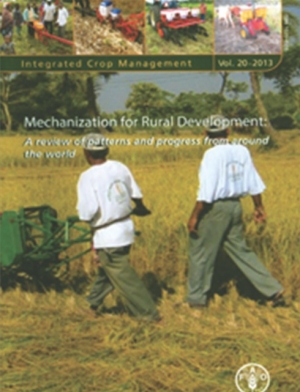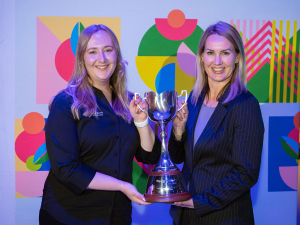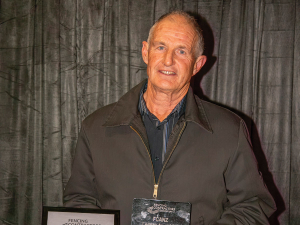Mechanisation for rural development, a review of patterns and progress from around the world contains in-depth studies of mechanisation from Africa, Asia, the Near East, South America and Eastern Europe, and covers topics such as development needs, manufacturing and information exchange.
“The book delves into many aspects of farm mechanisation, not only how machines will contribute to an environmentally sustainable future, but also what policies will put machines at the service of family farms so that they too can profit,” says Ren Wang, assistant director-general of FAO’s agriculture and consumer protection department.
It details how Bangladesh went from using human muscle and ox power in the early 1970s to being one of the most mechanised agricultural economies in South Asia, with 300,000 low-power 2-wheel tractors, one million diesel powered irrigation pumps and widespread mechanised crop threshing.
Meanwhile Africa, which also has lots of land, still has less than 10% of its mechanisation driven by engines: 25% is animal-powered and 60% people-powered – mostly women, the elderly and children.
The book says design of agricultural machinery must evolve in parallel with sustainable intensification of crop production, meaning fewer chemicals, more efficient use of water and more efficient use of machines. Machinery needs to be ‘intelligent’, lean, precise and efficient to minimise impact on soil and landscape. It needs to be adapted to conservation agriculture, an approach that reduces or eliminates soil tillage and pesticide use, retaining mulches of crop residue to control weeds and conserve soil moisture and structure.
The book argues special, low-draught machinery is needed to plant seeds and apply fertiliser through mulches so lower powered and therefore cheaper tractors can be used. Lighter machines have the added advantage of reducing soil compaction.
Where pesticides are used, greater precision is needed as about 50% of those applied with current technology do not reach their target. Irrigation technologies such as micro sprinklers or drip irrigation that save water and consume less power are the way of the future.
Book lead editor Josef Kienzle says the global agricultural machinery industry needs to provide more support to smallholder farmers with equipment designs and models better suited to that scale of farming.
“Without this change in the machinery sector, the needs of developing countries for food security, poverty alleviation, economic growth and environmental protection cannot be achieved.”
Price: US$60 plus US25 shipping from This email address is being protected from spambots. You need JavaScript enabled to view it. or order from FAO’s NZ agent: This email address is being protected from spambots. You need JavaScript enabled to view it.

















